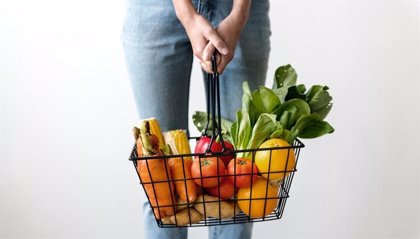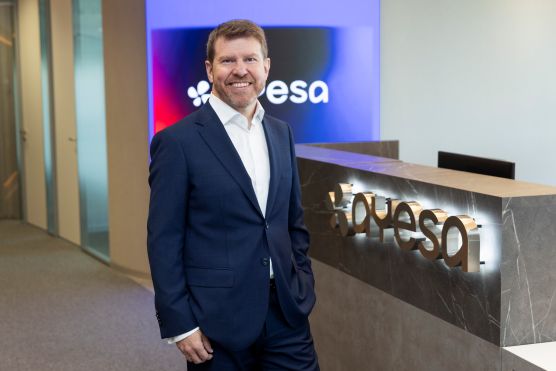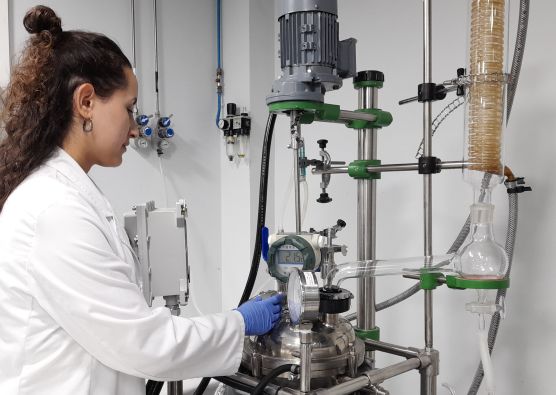Inflation impact slows down the rise of sustainability as a factor in food purchasing decisions

Attitudes to sustainable food are polarising: both activists and non-interested people are growing in number, and the occasional shopper is becoming less and less interested.
 Rising food prices are leading people to minimise the importance they attach to sustainability when choosing the products that make up their shopping basket. In the current inflationary context, the priority for more than half of the population is to buy food as cheaply as possible, and when faced with an attractive offer, they buy the product regardless of whether it is sustainable or not. In this sense, 2 out of 3 people say that they try to buy this type of food, but inflation does not allow them to do so.
Rising food prices are leading people to minimise the importance they attach to sustainability when choosing the products that make up their shopping basket. In the current inflationary context, the priority for more than half of the population is to buy food as cheaply as possible, and when faced with an attractive offer, they buy the product regardless of whether it is sustainable or not. In this sense, 2 out of 3 people say that they try to buy this type of food, but inflation does not allow them to do so.
The conclusions are drawn from the 2nd edition of the Basque Food Cluster study ‘Sustainable food’ carried out by Across The Shopper, a consultancy firm specialising in consumer research and knowledge. The study is the continuation of the one carried out in 2022 in the same field, and is part of the P-CAS project – promoted and financed by the Department of Economic Promotion, Tourism and Rural Environment of the Provincial Council of Gipuzkoa – with which the Cluster helps Basque food companies to determine how regulatory and market changes in the area of sustainability affect their activity.
Based on interviews with more than a thousand residents in Spain, the study analyses questions such as the effect of inflation on sustainable food purchasing decisions, the different types of consumers and their needs, differences by product category and opportunities for growth in this area.
For half of the sample, it is “logical” that a sustainable food has a higher price. In other words, the consumer is aware of the higher costs involved in its production and values it. However, when asked how much more they would be prepared to pay for such products, the figure is only 5%. If we take into account that a local, local product is between 15% and 20% more expensive than the rest, it is clear that there is a market imbalance that leads to many of the products launched with a sustainable value proposition not achieving the desired sales.
As a result of inflation, people are tightening their spending on food. For 53% of the people surveyed, the priority at the moment is to buy food as cheaply as possible, regardless of sustainability aspects. Thus, 2 out of 3 people say that rising prices are not allowing them to buy this type of food.
Consumer profiles: from non-interested to activist
People have different perceptions of what constitutes sustainable food, which conditions their assessments by product category. For example, in dairy products, the most valued aspects are packaging and animal welfare; in canned food, respect for fishing quotas and the use of extraction techniques that are not harmful to the seabed; in meat products, that the product is minimally processed; and in beverages, that production is environmentally friendly and is carried out using an artisanal process.
For the millennial generation, a sustainable food is one that meets organic standards (produced without chemicals and processed without additives), guarantees animal welfare or is made from plant-based raw materials. On the other hand, seniors – over 55 – tend to associate sustainability with fresh, local and seasonal products.
The study also identifies different attitudes towards sustainable purchasing, giving rise to four consumer profiles: the uninterested (“It’s not for me”), the newly initiated (“I’m just starting out”), the supporter (“I do what I can”), and the militant (“I’m committed”). In this respect, the polarisation of these positions is a clear sign of change. Only a year ago, 7% of those surveyed were not interested, and 6% considered themselves to be committed. Today, both percentages have doubled, reaching 15% and 11% of the sample, respectively.
The obstacles to responsible consumption vary according to the type of consumer. For younger shoppers (18 to 35 years old), the main obstacle is price. For their part, the senior segment says that they do not know how to identify the sustainable aspects of a product, while families with children, who prefer to make quick purchases in a single shop, say that it is not possible to buy the full range of sustainable products at a single point of purchase. Therefore, improving the competitiveness of products, simplifying communication and labelling, and expanding sustainable options and their implementation in large shops are major growth opportunities for companies.
BASQUE FOOD CLUSTER
BASQUE FOOD CLUSTER works to improve the competitiveness of companies throughout the Basque food value chain. With a membership base made up of more than 130 companies, organisations and entities, including the leading firms in each subsector, the organisation has established itself as the benchmark agent for the food sector in the Basque Country and the main interlocutor between the business fabric and the institutions. One of its strategic objectives is to support companies in the sector by promoting and boosting cooperation and the development of shared projects of high value in terms of market development, technological innovation and non-technological innovation, knowledge and relations with consumers, as well as attracting and retaining talent.




